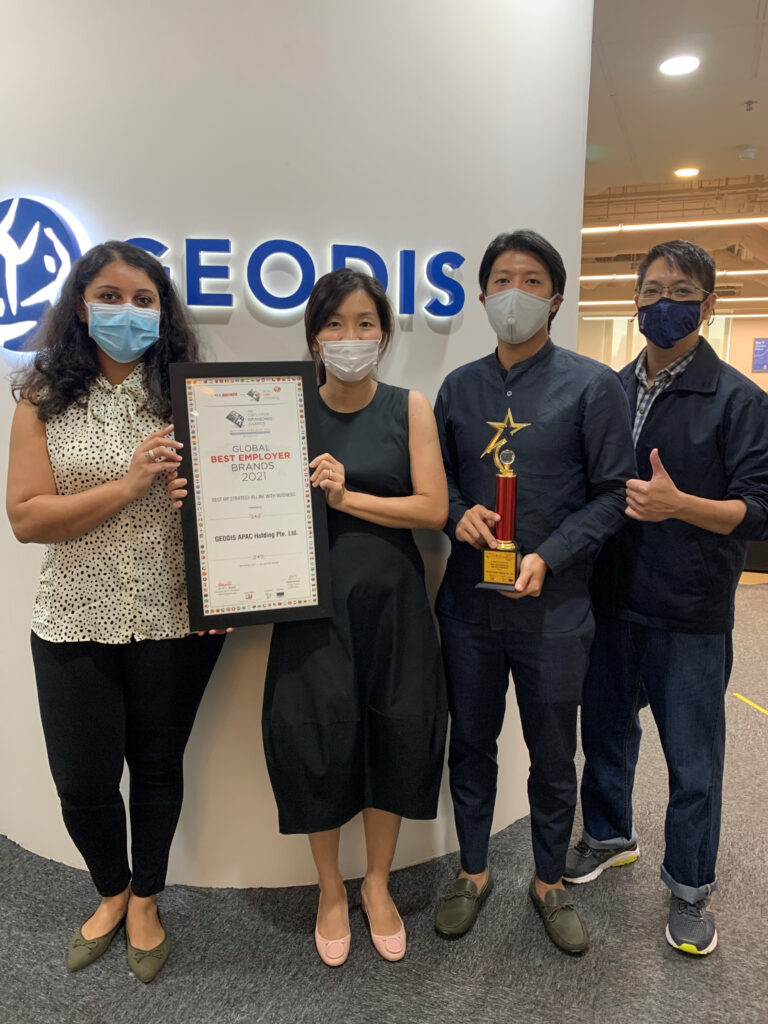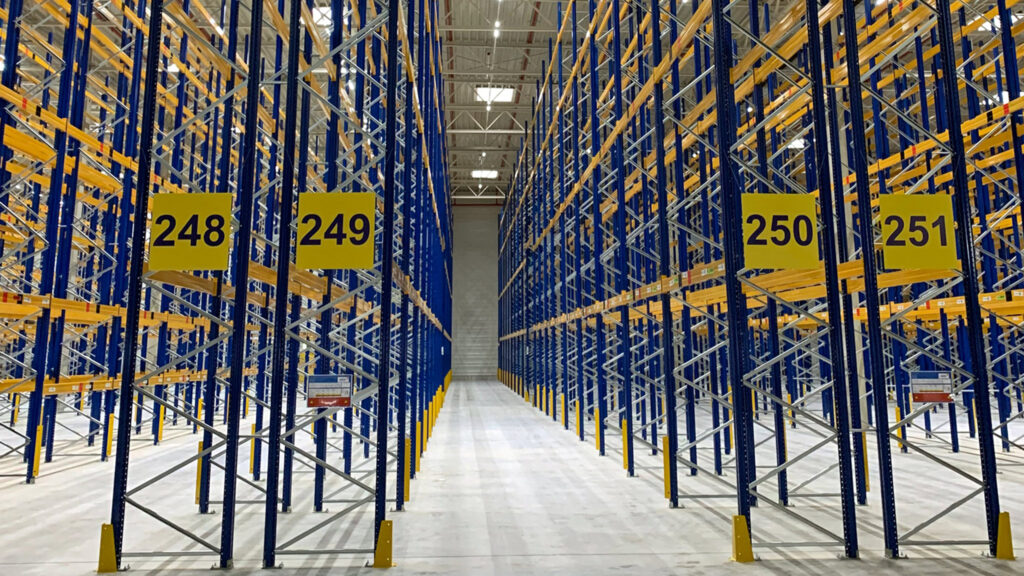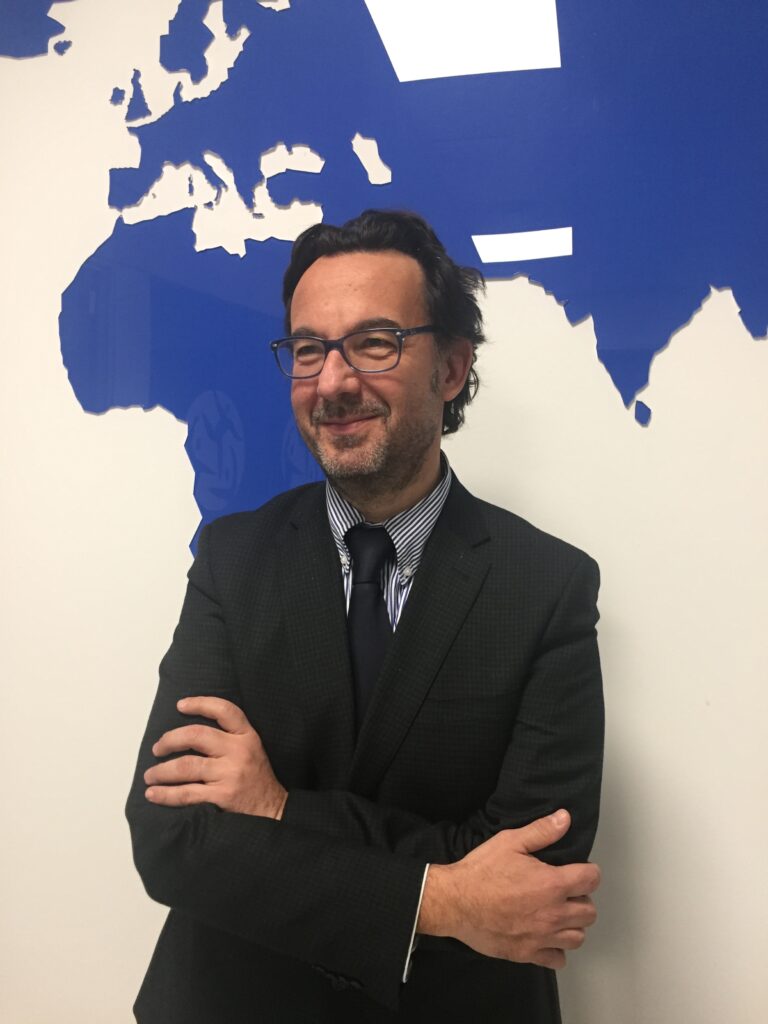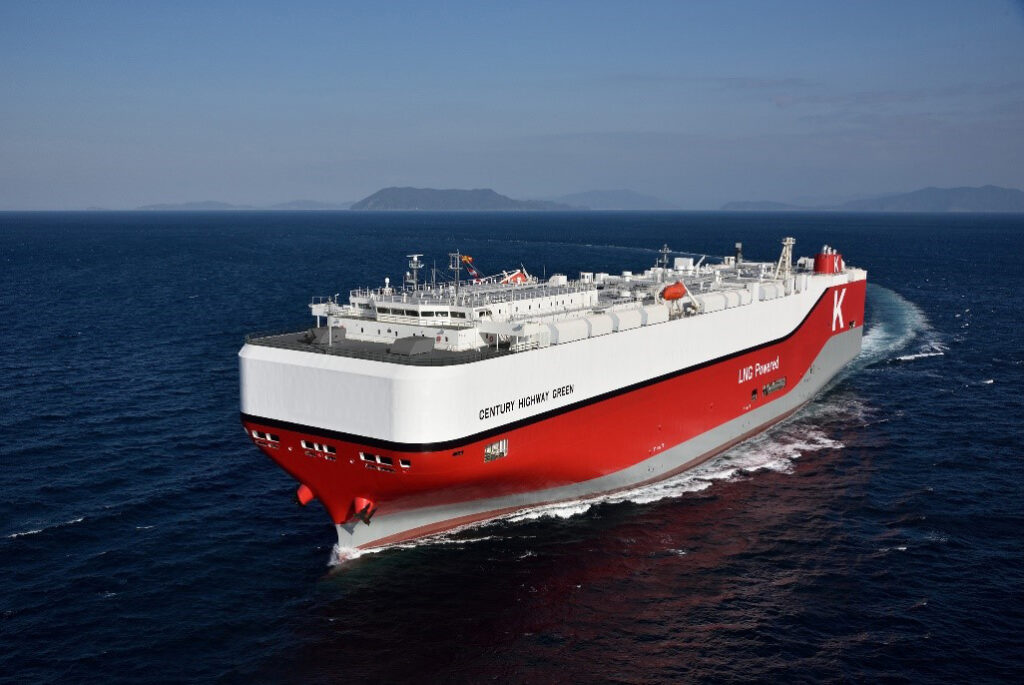At the 2021 Arkema China Carrier Annual Conference held in Shanghai, China, GEODIS received the award of “Core Carrier of Arkema China”. The Annual Conference is held by Arkema to acknowledge and celebrate the company’s accomplishments in 2020, as well as to brainstorm ideas for future developments and innovative solutions in 2021.
In ensuring operational optimization in the customer’s supply chain, GEODIS APAC Regional President and CEO, Onno Boots said, “GEODIS is proud to be a partner of Arkema. This award is an important recognition and a key milestone for GEODIS moving forward in 2021.”
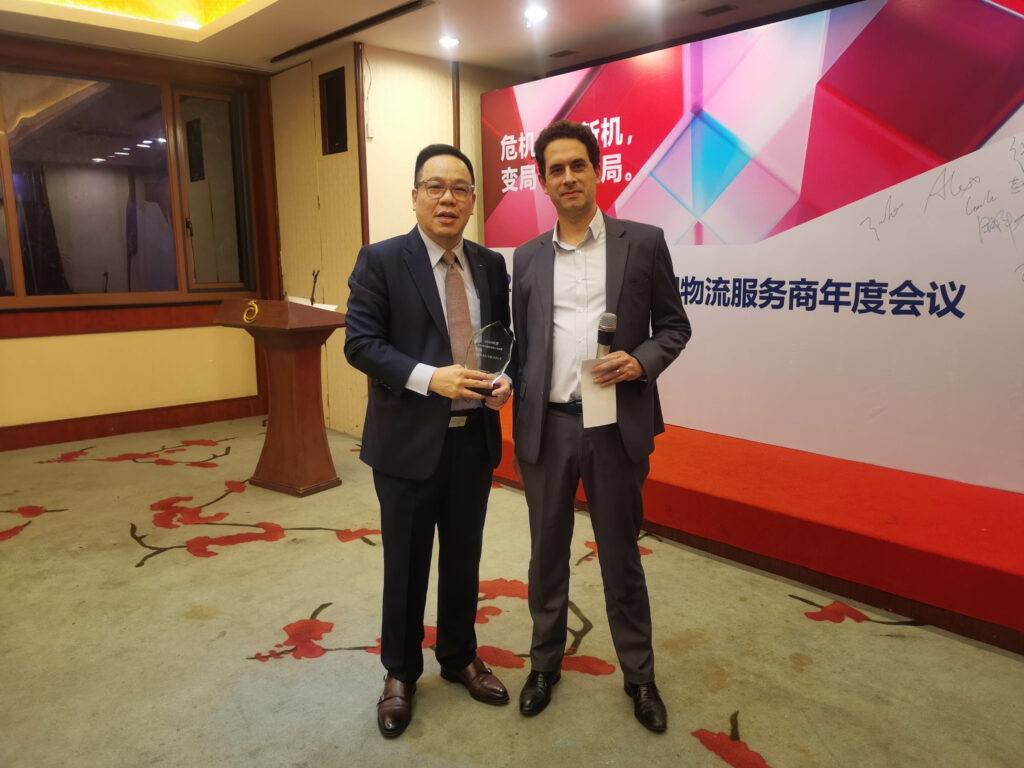
On the left is Ivan Siew, MD of GEODIS in China and on the right Thomas Gatimel, Global Supply Chain Optimization Director of Arkema
GEODIS currently manages the customs clearances for Arkema’s general cargo, as well as pre-carriage and on-carriage. Besides working with its nominated transport suppliers in optimizing its supply chain, GEODIS actively partners with Arkema to ensure the effective management of these dedicated supplier’s performance, including the responsibility of the adherence to agreed standards via an auditing process.
Among ongoing projects in 2021 GEODIS is participating in a FCL[1] freight sourcing exercise for non-core destinations. This is estimated to encompass 1000TEUs of export volume in the Asia-Pacific region.
___________
[1] Full Container Load
GEODIS – www.geodis.com
GEODIS is a top-rated, global supply chain operator recognized for its commitment to helping clients overcome their logistical constraints. GEODIS’ growth-focused offerings (Supply Chain Optimization, Freight Forwarding, Contract Logistics, Distribution & Express, and Road Transport) coupled with the company’s truly global reach thanks to a direct presence in 67 countries, and a global network spanning 120 countries, translates in top business rankings, #1 in France, #6 in Europe and #7 worldwide. In 2020, GEODIS accounted for over 41,000 employees globally and generated €8.3 billion in sales.







